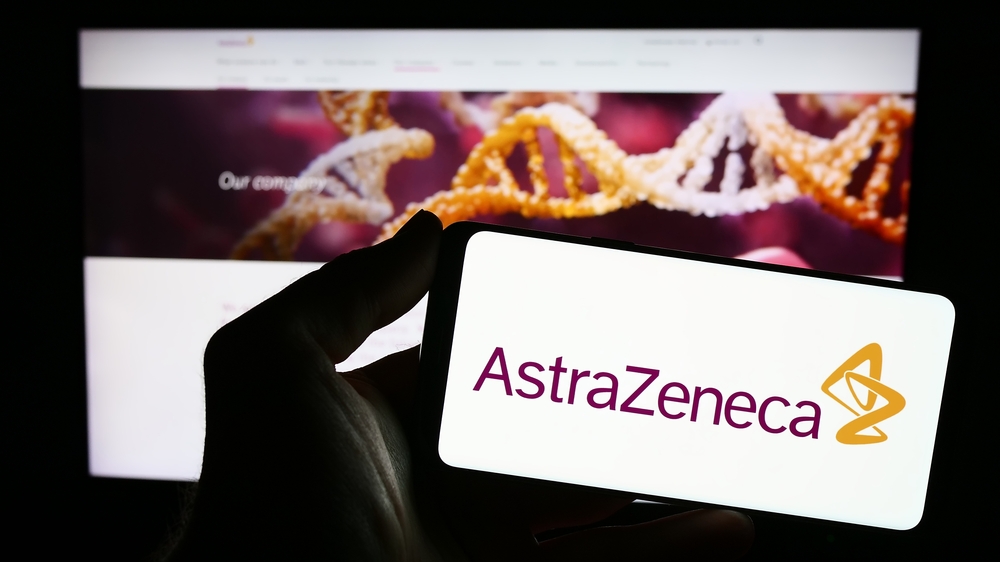Turmoil at AstraZeneca: Pharma Giant Grapples with Leadership Changes Amid China Scandal
A Long Shadow Over AstraZeneca’s China Operations
AstraZeneca’s decision to appoint Iskra Reic as its new China chief comes at a pivotal moment for the pharmaceutical titan. With Leon Wang, the former China head, detained amid investigations into alleged insurance fraud, the company faces a confluence of regulatory scrutiny and market uncertainties in one of its most lucrative regions.
Reic’s appointment marks a strategic move to stabilize operations while addressing investor concerns. Her reputation as a seasoned leader with deep expertise—bolstered by her oversight of AstraZeneca's Covid-19 vaccine development—positions her to tackle the challenges of managing AstraZeneca's largest international market.
The complexities of the case extend beyond leadership. AstraZeneca's ongoing investigations into illegal cancer drug imports and the wider implications of China's anti-corruption crackdown highlight the precarious nature of operating in the region. Reports indicate that Wang’s detention forms part of broader regulatory efforts aimed at cleaning up malpractice in China's healthcare sector, which has faced mounting public scrutiny over pricing and access issues.
AstraZeneca’s Role in China’s Healthcare Market
China represents a cornerstone of AstraZeneca’s global strategy. Its innovative oncology and cardiovascular drug portfolios have found significant traction, driven by an expanding middle class seeking advanced treatments. The pharmaceutical giant has also invested heavily in research and development hubs across the region, reinforcing its local presence.
However, the regulatory environment is becoming increasingly challenging. Recent government actions—including investigations into overbilling in public insurance schemes and probes into drug import irregularities—signal stricter enforcement that directly impacts business operations. AstraZeneca, which has enjoyed years of growth in China, now faces the dual task of maintaining its foothold while complying with these evolving standards.
Parallels with GSK’s 2014 Scandal
AstraZeneca’s current woes evoke memories of the 2014 bribery scandal involving GlaxoSmithKline (GSK). Then, GSK faced a $489 million fine for corrupt practices in China, a landmark event that reshaped the pharmaceutical landscape. For AstraZeneca, the lessons from that crisis are clear: transparency, robust compliance programs, and active engagement with local authorities are essential.
The risk of reputational damage looms large. As Wang’s detainment unfolds, the company must address stakeholder concerns while mitigating operational disruptions. The leadership of Iskra Reic, whose reputation as a strategic thinker has been well-documented, will be central to AstraZeneca’s recovery efforts.
Related: Sam Altman Joins San Francisco’s Leadership Transition Team Under Mayor-Elect Daniel Lurie
Implications for Multinational Businesses in China
AstraZeneca’s challenges reflect the broader realities faced by foreign enterprises in China. Regulatory unpredictability, coupled with heightened enforcement actions, underscores the need for vigilance. Multinational corporations operating in highly regulated industries, such as pharmaceuticals, are particularly vulnerable to sudden shifts in government policy or legal scrutiny.
As the world’s second-largest economy continues its anti-corruption campaign, businesses must adapt to stringent requirements and demonstrate ethical practices to secure their place in the market. AstraZeneca’s ability to navigate this turbulent environment will set a benchmark for others facing similar challenges.
AstraZeneca’s current situation serves as a stark reminder of the operational and reputational risks associated with navigating China’s regulatory framework. While the country remains a vital market for multinational corporations, businesses must prioritize compliance and transparency. The detention of Leon Wang underscores the importance of ethical practices, especially in sectors like healthcare where public trust is paramount. Moving forward, Iskra Reic’s leadership will be critical not only for AstraZeneca’s recovery but also as a case study in corporate adaptability and resilience in high-risk environments. Her success could redefine how global companies approach emerging markets like China.











